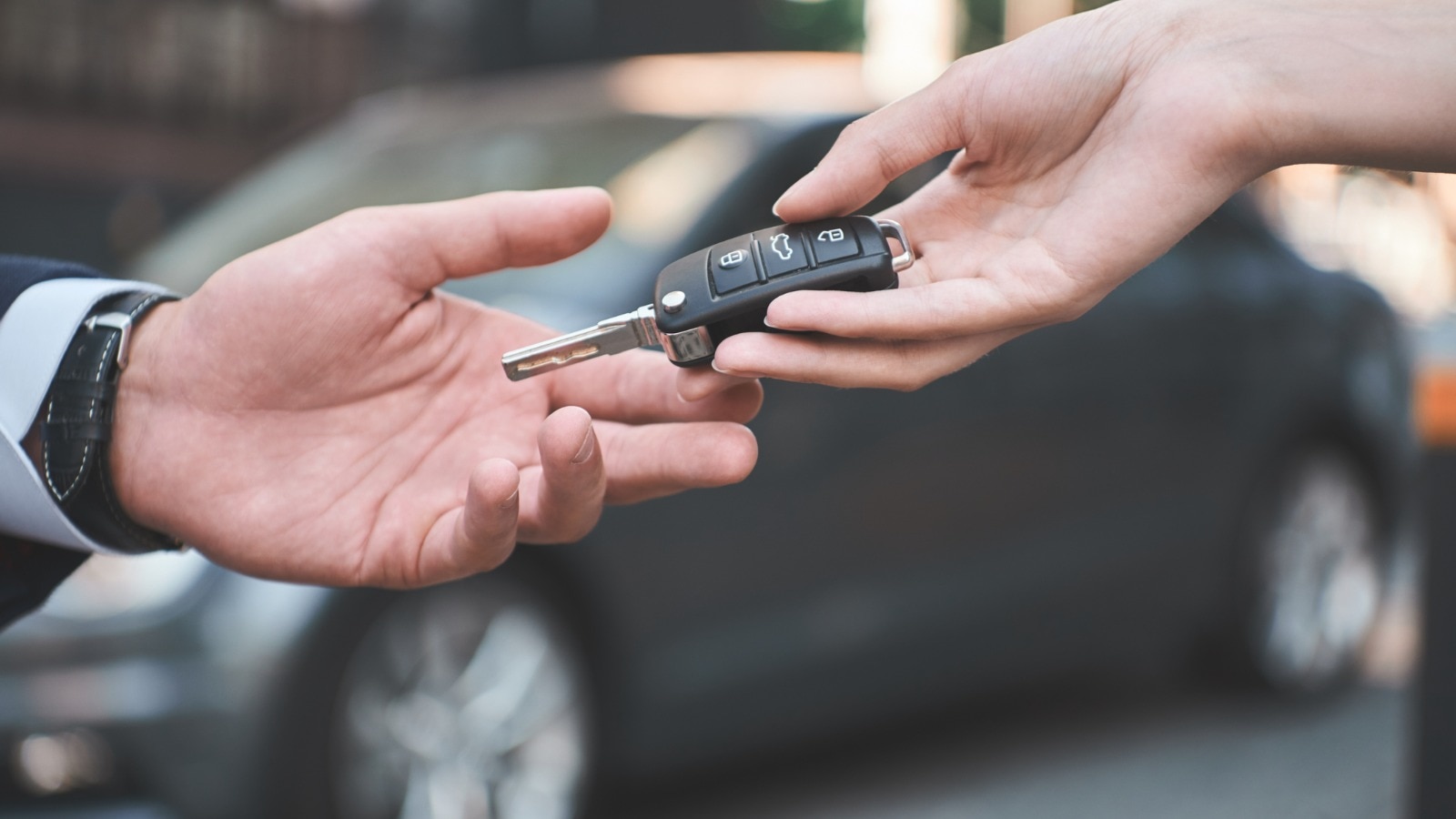Got a used car that needs a transmission repair but don’t have the funds to buy a brand new one? Before you take the plunge and purchase a used one, read this blog to get an idea of what risks you may be taking. We’ll dive into the pros and cons and see if used car transmissions are worth the risk in the end.
How to Ensure Quality
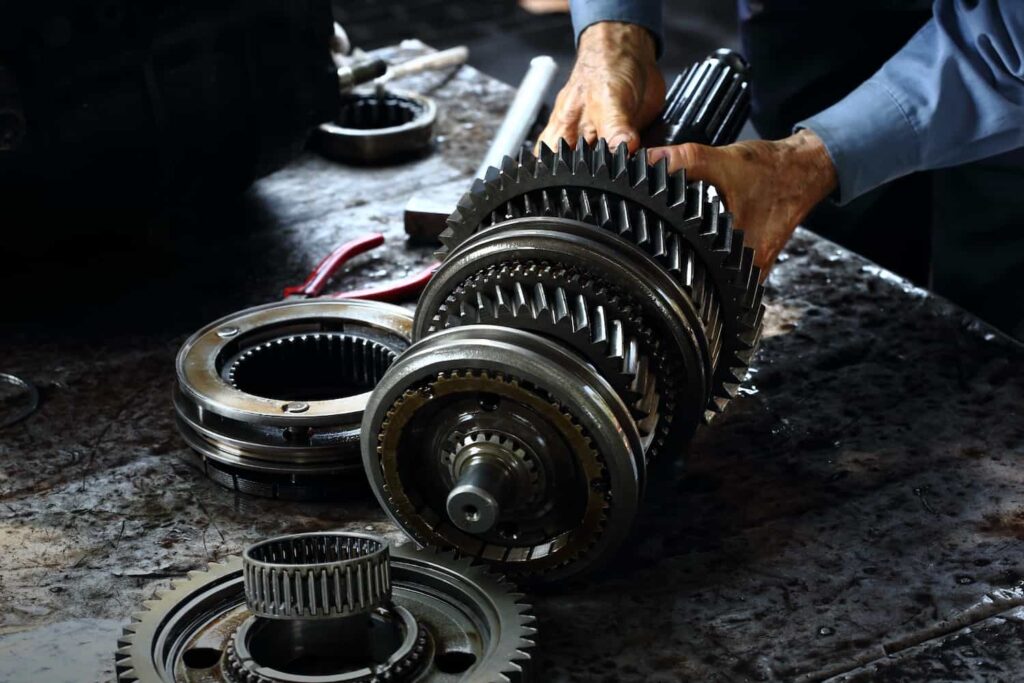
It is important to ensure that the product you are getting is in good condition. Although used components are often more affordable, there comes an inherent risk when purchasing pre-owned items. It is essential to thoroughly inspect and test any used car transmission before making a purchase.
As with all automotive parts, quality should be your primary objective when buying a used transmission. When considering a potential purchase, be aware of the following points:
-Look for any signs of rust or physical damage.
-Check for proper connections and cables.
-Confirm the core mechanics are working properly by examining parts such as gears, axles, drive shafts and bearings.
–Test drive the vehicle to verify smoothness of operation under normal driving conditions.
-Ask about fluid levels and types from the previous owner to ensure acceptable performance during extended use.
-Verify that all electrical components are functioning properly (e.g., sensors and relays).
-Request documentation of past repairs and service history from the seller or manufacturer so you can assess any potential maintenance costs or remaining warranty coverage.
By taking extra precautions to ascertain a reliable product, your risk when buying used car transmissions will be minimized significantly.
Potential Risks
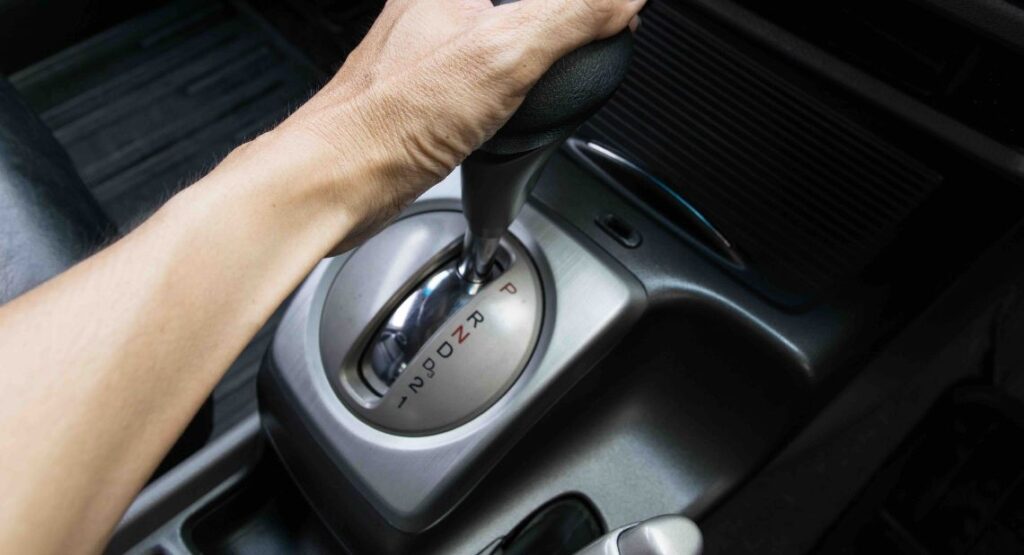
When you are considering to purchase a used car transmission, it is important to understand the potential risks involved. There are many factors to consider before making a decision including the quality of materials used in the build and how reliable/compatible it is with your vehicle. Purchasing it may seem cost-effective in the short-term, but there are some potential risks that could end up being much more expensive down the road.
Before buying a used transmission for your car, you should be aware of some of the common issues you may run into:
-The existing mileage of it could affect its overall performance and longevity. An older one may need additional repairs due to wear and tear over time.
-It is difficult to determine if all components have been tested properly prior to purchase. They can contain faulty parts or incomplete assembly which can often lead to serious problems once they are installed on your vehicle.
-It can be hard to tell if something has failed in the future that was not initially identified upon purchase, so you could end up spending more money very quickly due to unforeseen issues with your transmission.
Overall, purchasing a used car transmission may seem like a cost effective option at first glance; however, all potential risks should be considered before making any decisions. Careful research on all aspects of the product should be undertaken ahead of time in order to determine if it is worth any risk at all.
There are a lot of people out there who swear by buying used auto parts. They argue that it’s a great way to save money, and that you can find some really good deals if you know where to look. However, there are also a lot of people who warn against buying used car transmissions. They argue that it’s simply not worth the risk, because you never know what kind of shape the transmission is really in.
Common Issues
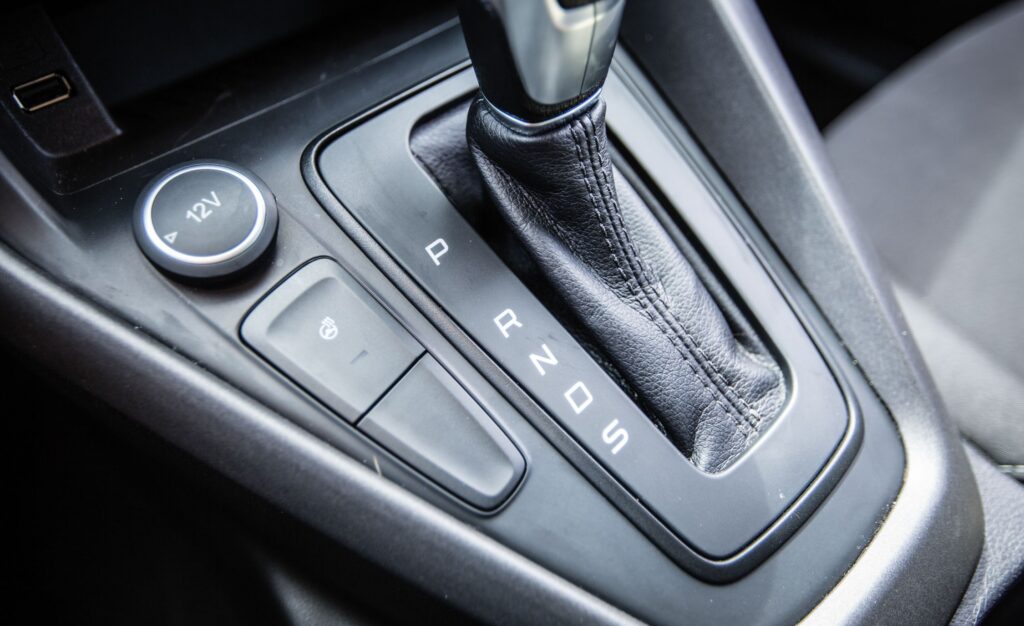
Even when buying from a reputable dealer, there is still risk involved. Common issues with used car transmissions can include problems such as contamination within the fluid, worn out seals, broken synchro rings, or even more expensive repairs like shattered input shafts and worn out bearings.
You can mitigate the risk of buying a used car transmission by inspecting the unit in person before purchase and having any necessary repairs done upfront. Obtain an accurate description of the parts included in the sale and check that nothing is missing from components such as gears or shifter cables. You should also confirm year and model compatibility with your vehicle prior to purchasing.
Consider having an independent professional opinion on mechanical condition assessment prior to making your decision on whether to purchase a used car transmission. Doing so increases your likelihood of making an informed purchase decision based upon reliable evidence and analysis. It is key to keep in mind that while upfront cost may be less than new, the possible consequences of inadequate inspections can be costly down the road — especially over an extended period of time.
Cost Comparison: Buying New vs Used Car Transmissions
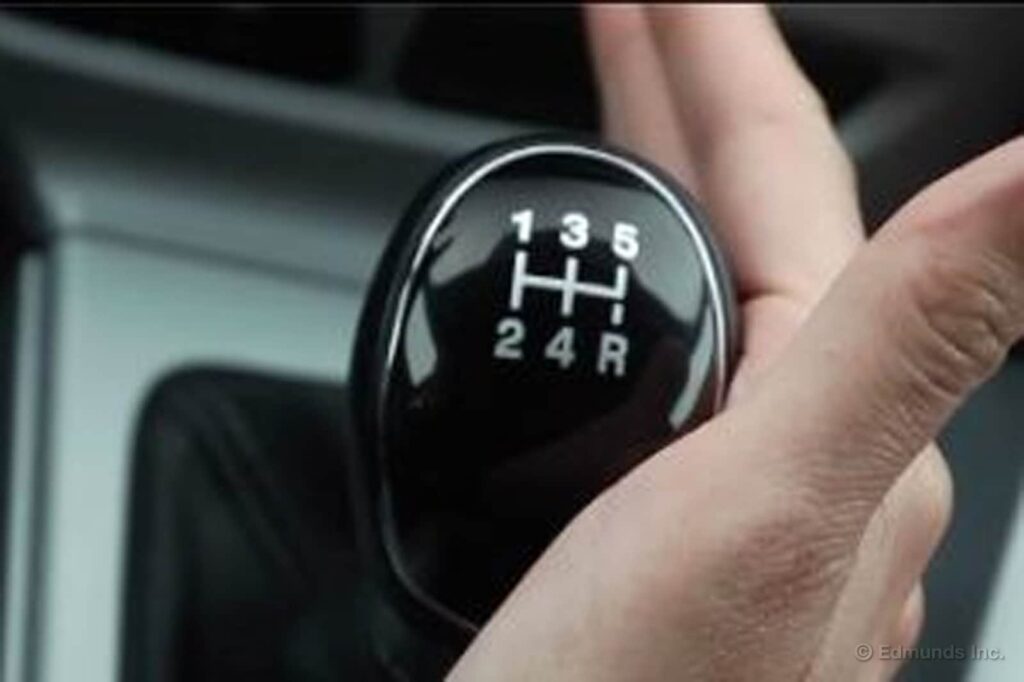
Cost is often the determining factor when deciding between buying a new or used car transmission. They are significantly more affordable than new, but there are still risks of buying a used one that should be taken into consideration.
New Car Transmission Costs: Installing a brand new one usually involves the cost of the unit itself, labor and taxes and can run anywhere from $1,800 to $3,000 or more depending on the vehicle and parts required. But buying a new one also comes with peace of mind knowing it has never been used before, has come with its factory warranty and is unlikely to have any sizable problems in the near future.
Used Car Transmission Costs: Purchasing a quality used car transmission can save you money up front. Generally speaking, getting an exchange (used) transmission installed will cost around 50-75% less than purchasing one that’s brand-new but can still require some significant features such as installation labor costs and taxes. The lower price tag may make this option more attractive to those on a limited budget who still want to benefit from owning their own car.
Ultimately it is up to the individual buyer to decide if buying used is worth the risk; if you take your time in researching your options and make sure that you purchase from an experienced professional auto shop then chances are good that you will end up saving some money on an adequately functioning part for your vehicle.
Conclusion
While there are many benefits to buying a used car transmission such as saving money and getting access to harder-to-find parts, it is essential to do your research in order to minimize the risk of an unreliable, faulty or unsafe product. Take time to consider factors such as price, warranties, quality and reputation when making your decision.
Inspecting the part for signs of wear and tear and any damage before installation is also recommended as doing so covers you from unexpected repairs further down the line. Consult with a reliable mechanic if you have doubts about buying used car transmissions, so that an experienced opinion can be sought out before making a decision that could cost you down the road.

